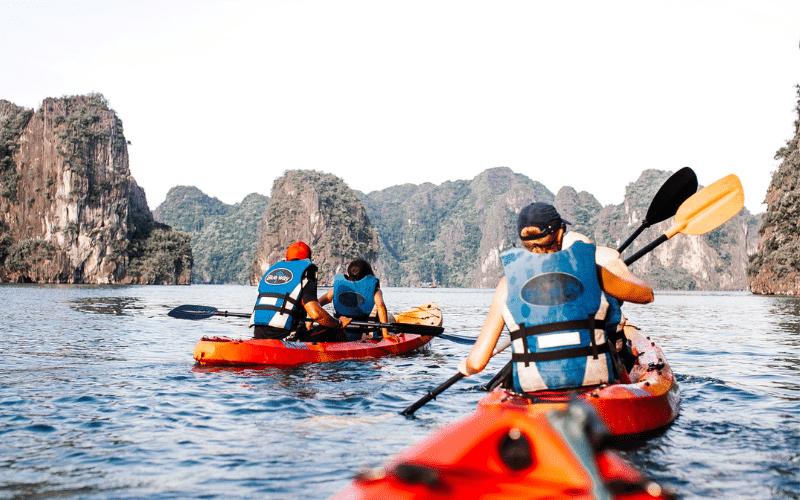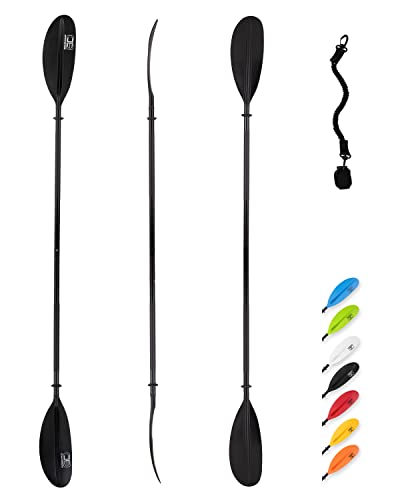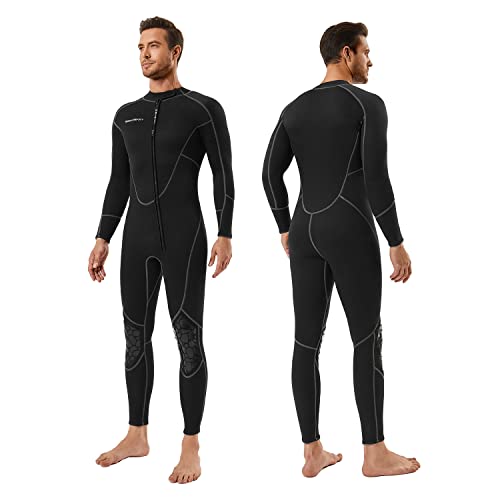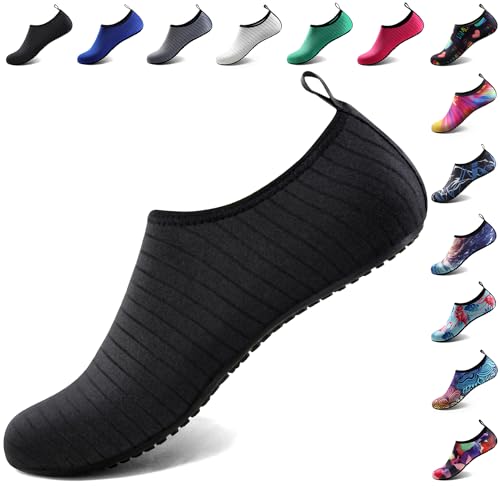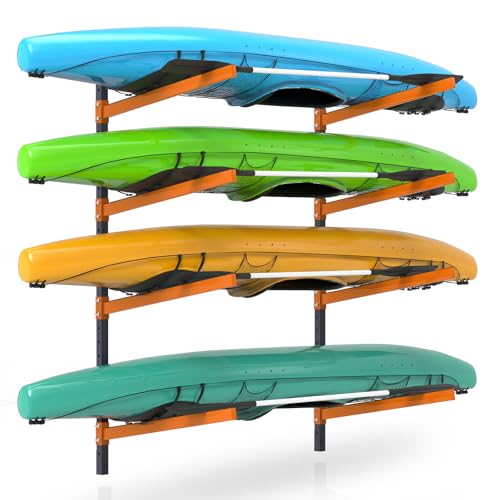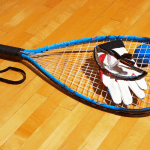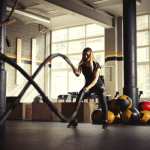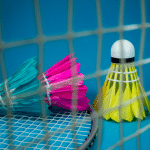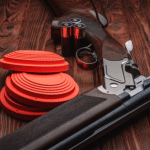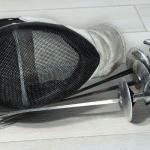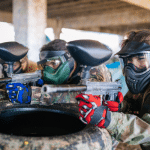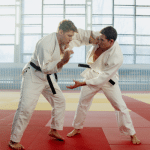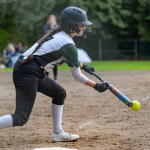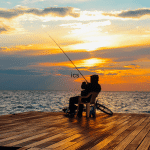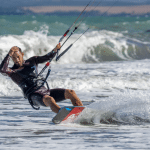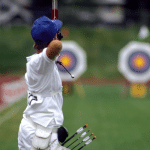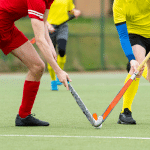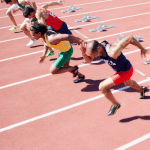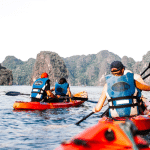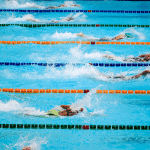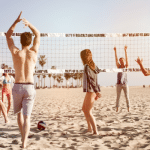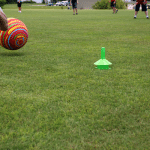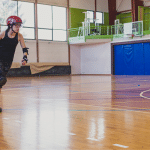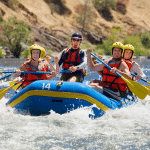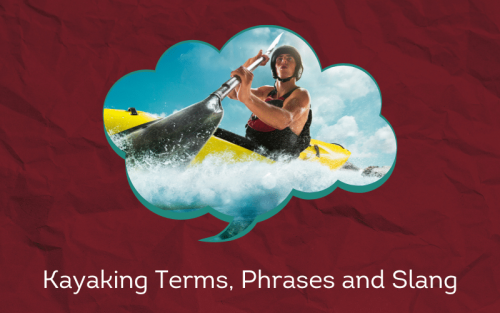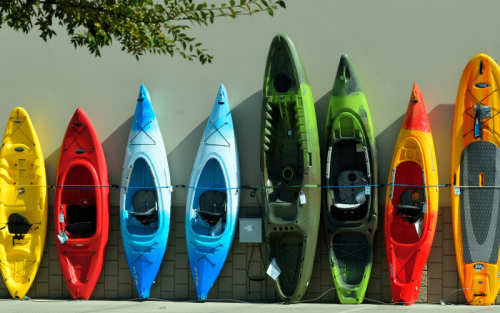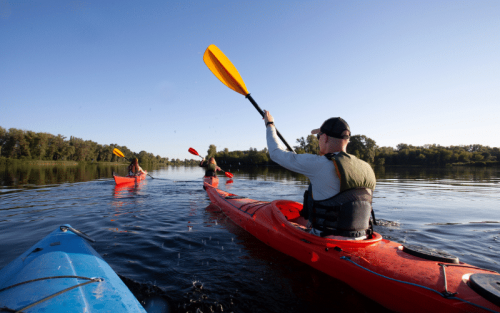Seizing the current? Craving the splash?
Kayaking isn’t all paddle and roll – it’s the kit that carves your path through the waves!
So, before you kiss the shore goodbye, make sure you’re geared up to navigate the blue with our prime list of kayaking essentials. Dip in, it’s your time to glide!

For Kayakers:
- Kayak
- Paddle
- Life Jacket or Personal Flotation Device (PFD)
- Helmet (for white water kayaking)
- Dry Bag (for personal items)
- Wetsuit or Dry Clothes (depending on water temperature)
- Water Shoes
- Spray Skirt (for sit-in kayaks)
- Sun Protection (hat, sunscreen)
For Instructors:
- Safety and Rescue Equipment
- First Aid Kit
- Communication Devices (waterproof)
- Repair Kit (for kayaks and gear)
- Instructional Guides
For Facilities:
- Launching and Landing Sites
- Rental Center (for kayaks and safety equipment)
- Storage Racks (for kayaks)
- Changing and Shower Facilities
- Parking Area
Table of Contents
Kayaking Equipment for Kayakers
#1 Kayak
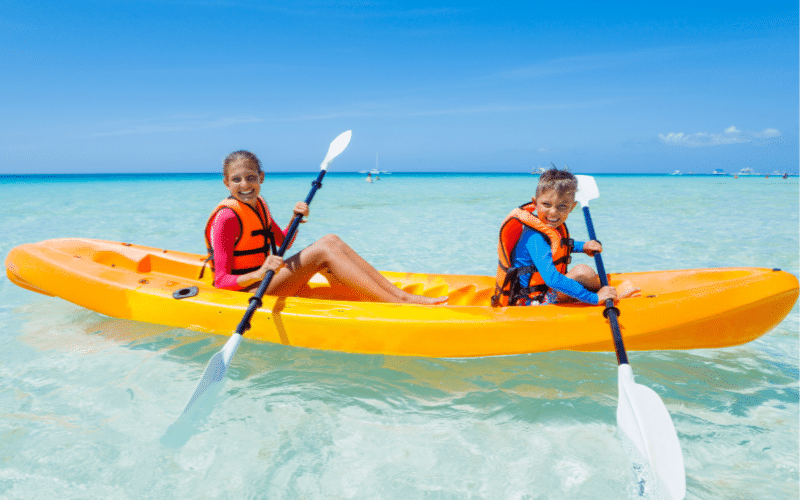
The kayak is the foundational piece of equipment for the sport. Its design is crucial for navigation and stability on the water, whether you’re exploring calm lakes or navigating white water rapids. The right kayak enhances performance and ensures a great experience.
#2 Paddle
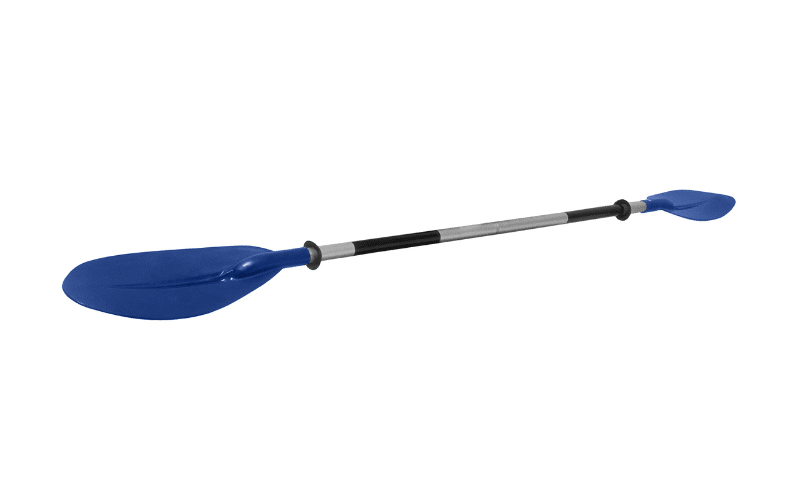
Paddles are your propelling force on the water. They come in various materials and lengths, suited to different body sizes and kayaking styles. Having the appropriate paddle can significantly affect maneuverability and endurance during kayaking excursions.
#3 Life Jacket or Personal Flotation Device (PFD)

A life jacket or personal flotation device is a non-negotiable safety item. It can save your life by keeping you afloat during unexpected capsizes or when swimming in rough waters. Always wear a PFD to ensure safety on the water.
#4 Helmet

A helmet is critical during white water kayaking, where the risk of injury from rocks and other hazards is increased. A helmet protects your head from impacts and should always be worn in rapid or rough conditions for safety.
#5 Dry Bag
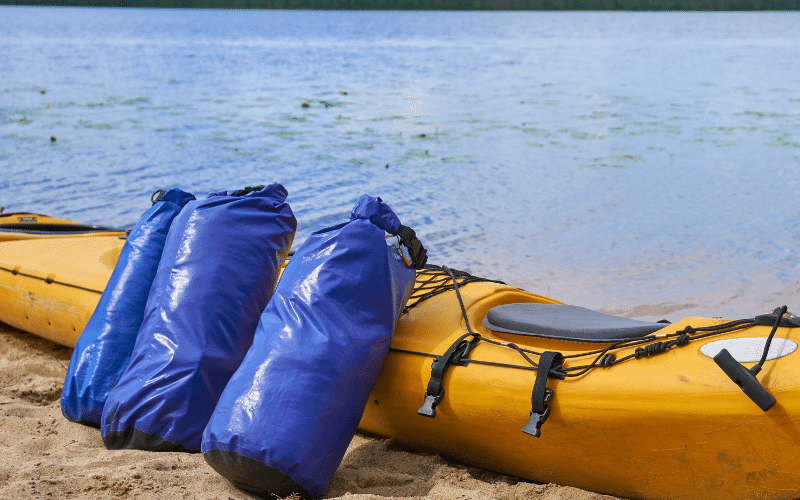
A dry bag keeps personal items secure and dry while kayaking. They’re essential to protect electronics, clothing, and other gear that could be damaged by water during your journey and can also serve as extra flotation if needed.
#6 Wetsuit or Dry Clothes
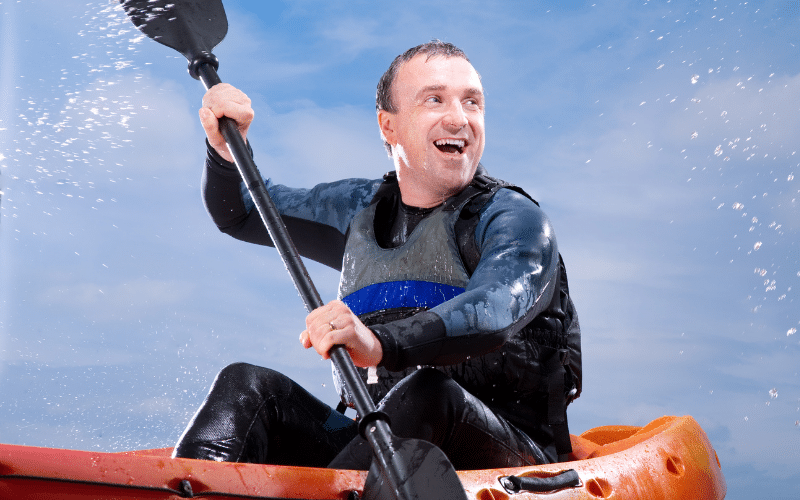
Wetsuits or dry clothes are determined by water temperature. Wetsuits provide insulation in cooler waters, reducing the risk of hypothermia, while dry clothes offer comfort and protection under milder conditions.
#7 Water Shoes
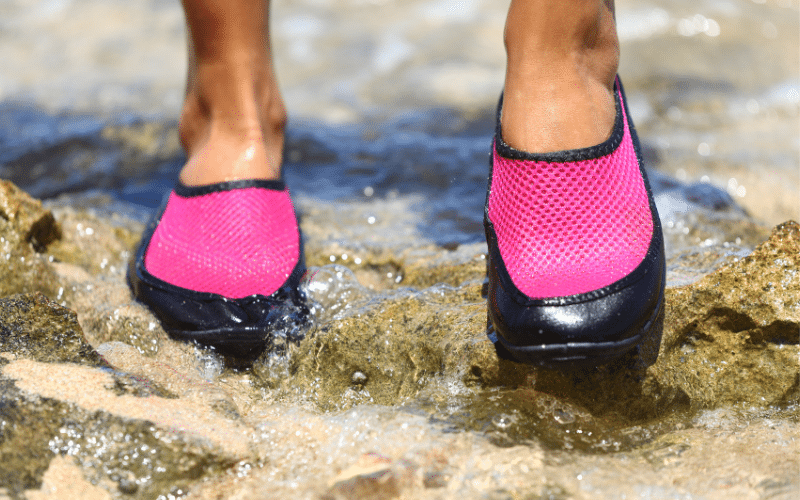
Water shoes protect your feet from sharp objects in and out of the water and provide grip on slippery surfaces. They are designed to get wet and dry quickly, making them essential for comfort and safety.
#8 Spray Skirt
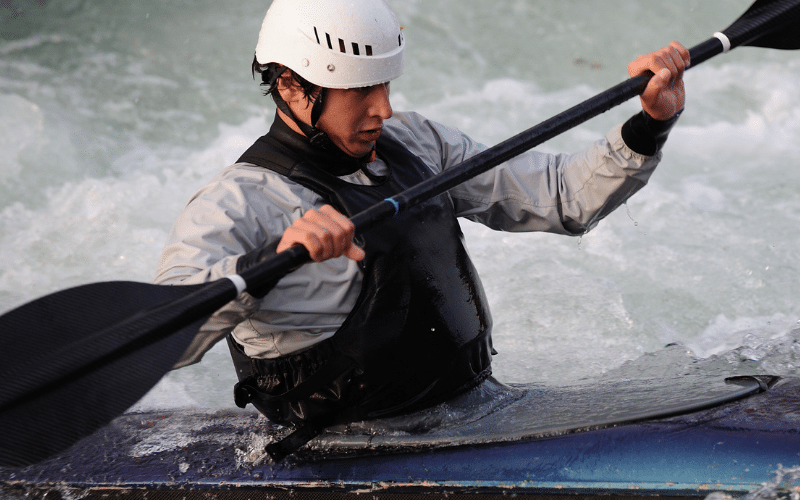
A spray skirt is used on sit-in kayaks to prevent water from entering the cockpit. It keeps the kayaker dry and warm, especially important in choppy waters or cooler climates, thus enhancing the overall kayaking experience.
#9 Sun Protection
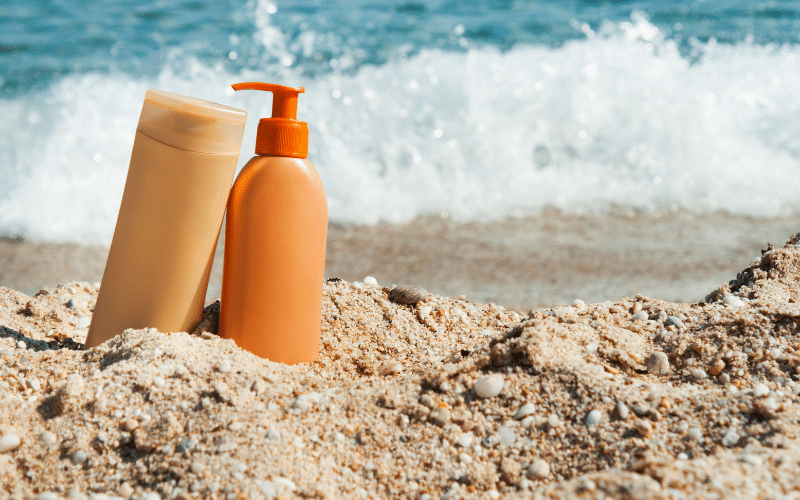
Sun protection, including a hat and sunscreen, is vital for kayakers. Direct exposure to the sun for extended hours can lead to sunburns or heatstroke. Protecting skin and eyes from harmful UV rays is important for health and comfort during any kayaking trip.
Equipment for Coaches and Teams
#1 Safety and Rescue Equipment
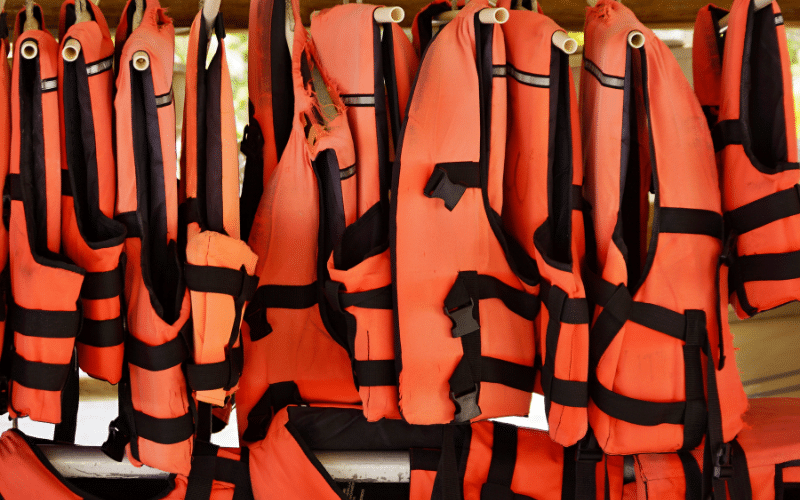
Safety and rescue equipment, including throw ropes and rescue vests, are critical for any kayaking coach or team. This gear ensures that instructors can swiftly and effectively respond to emergencies, helping to keep participants safe during kayaking sessions, especially in challenging water conditions.
#2 First Aid Kit
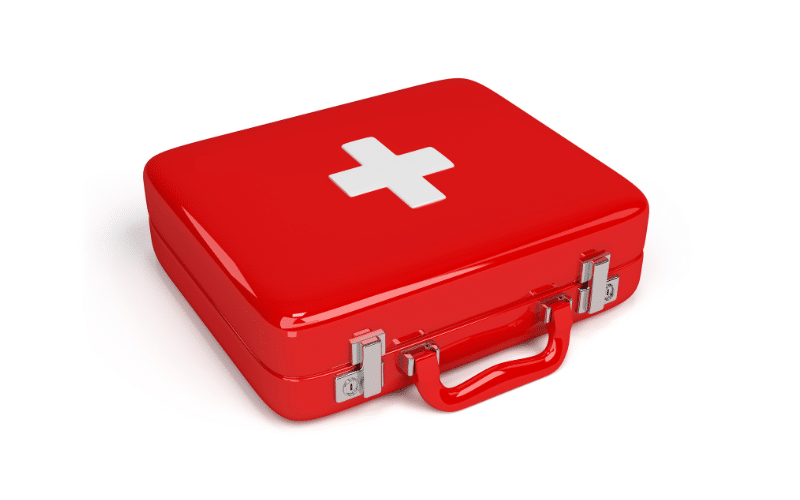
A comprehensive first aid kit is a vital component for coaches and teams to address minor injuries and medical situations quickly. It should be stocked with essentials like bandages, antiseptics, and splints, as well as any items specific to water-based activities, to ensure the wellbeing of all kayakers.
#3 Communication Devices
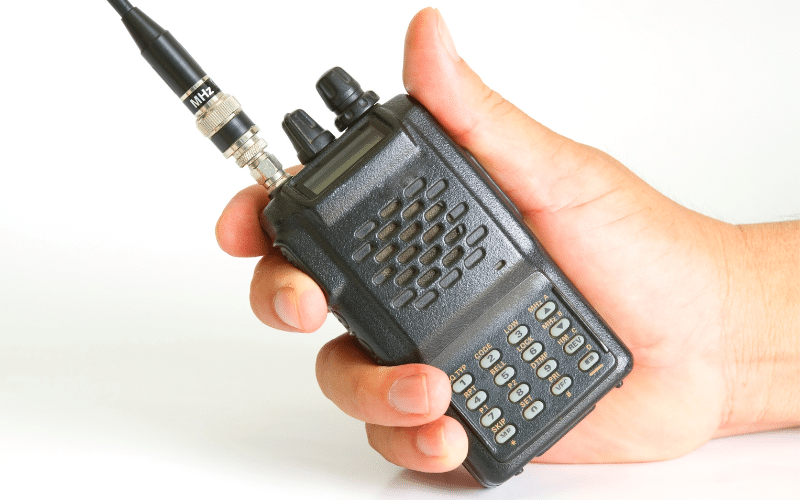
Waterproof communication devices such as walkie-talkies or VHF radios are essential to maintain contact among coaches, teams, and, when necessary, emergency services. Effective communication is crucial for coordinating group activities, ensuring everyone’s safety, and responding rapidly to any changes in plans or conditions.
#4 Repair Kit
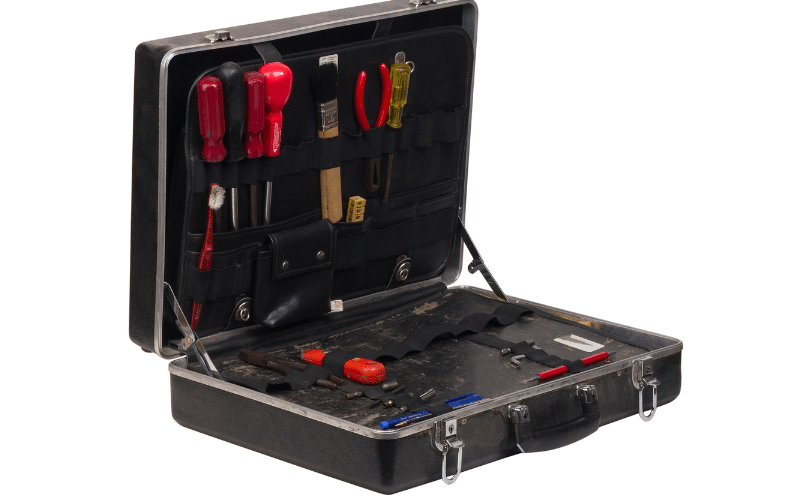
A repair kit that includes tools and materials to fix kayaks and equipment is indispensable for coaches and teams. Quick repairs can be the difference between calling off an excursion and continuing with minimal interruption, ensuring that kayaking sessions are not cut short due to minor equipment malfunctions.
#5 Instructional Guides
Instructional guides are valuable for coaches, providing structured lesson plans and skill development activities. These resources are crucial for educating novice kayakers, ensuring safety protocols are followed, and facilitating the advancement of kayaking techniques for all team members.
Equipment for Facilities
#1 Launching and Landing Sites

Launching and landing sites are essential for safe and efficient entry and exit from the water. These designated areas minimize the risk of damage to kayaks and reduce the potential for slipping or injury for kayakers, ensuring a smooth start and end to their water adventures.
#2 Rental Center
A rental center is a pivotal facility for new and occasional kayakers who may not own equipment. It provides access to kayaks and safety gear, which is essential for fostering inclusivity in the sport. The center enables everyone to experience kayaking without the barrier of purchasing expensive equipment.
#3 Storage Racks
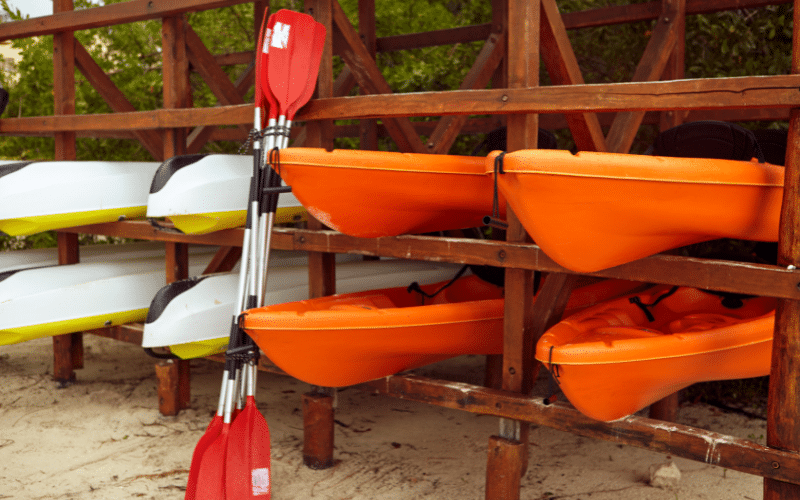
Storage racks are vital for organizing and protecting kayaks when not in use. They help prevent accidental damage and wear from improper storage. Racks also maximize space efficiency and give kayakers easy access to their vessels, contributing to the overall management and operation of kayaking facilities.
#4 Changing and Shower Facilities
Changing and shower facilities offer comfort and convenience, allowing kayakers to transition from water activity to other pursuits. Being able to change into dry clothes and rinse off after kayaking enhances the overall experience and encourages participation, regardless of the weather or water conditions.
#5 Parking Area
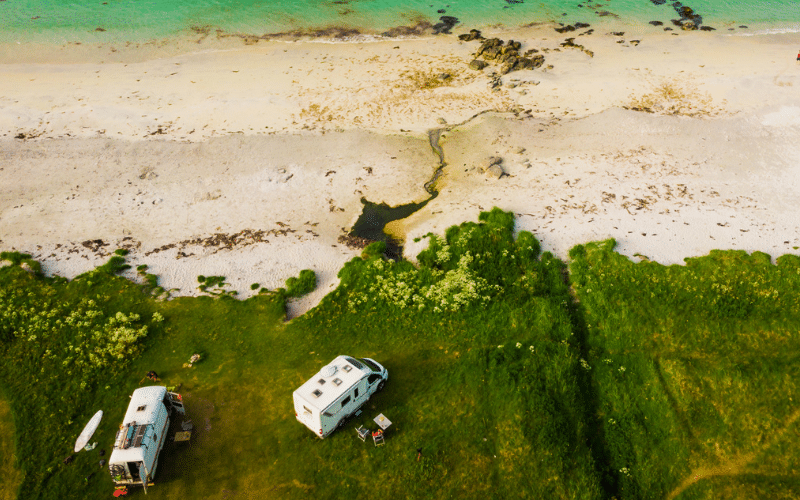
A well-planned parking area is crucial for providing convenient access to the kayaking facilities. Adequate parking accommodates visitors’ vehicles safely and efficiently, making the recreational area more attractive and accessible to both regular enthusiasts and first-time kayakers.

FAQ
What is the equipment you need to play Kayaking?
A kayak, paddle, personal flotation device (PFD), helmet, and suitable clothing are the equipment you need to play Kayaking. These items ensure safety and maneuverability on the water.
What is the most important equipment in Kayaking?
The personal flotation device (PFD) is/are the most important equipment in Kayaking, as it provides safety by keeping you afloat in case of capsizing or falling overboard.
What is a recommended list of Kayaking equipment for beginners?
Here’s a recommended list of Kayaking equipment for beginners: an entry-level recreational kayak, a double-bladed paddle, a properly fitting PFD, a helmet, and weather-appropriate clothing. This gear ensures a safe and enjoyable introduction to kayaking.

